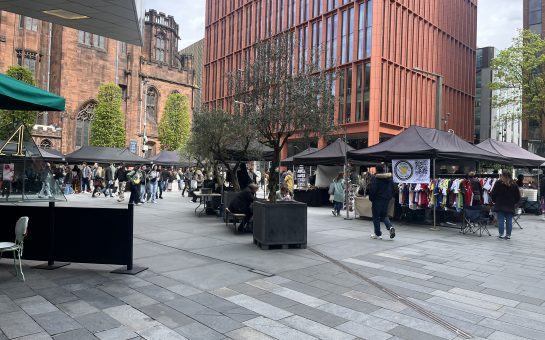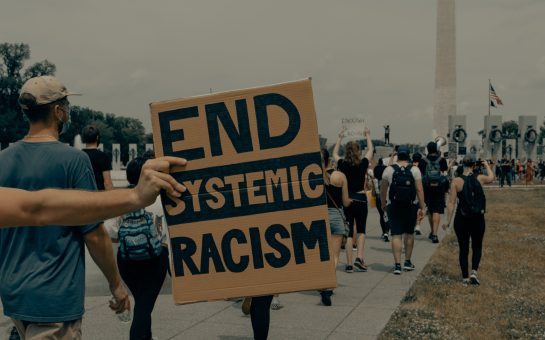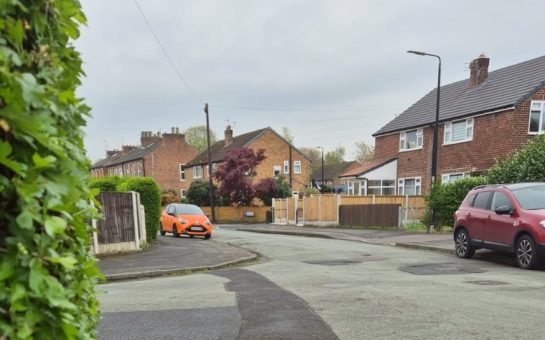What makes a great politician? An ability to influence, to bring about change when needed or simply just a knack of staying clear from scandal?
With Manchester giving us the likes of the co-operative movement, the Peterloo massacre and communism through Friedrich Engels, there are plenty to choose from.
So MM have attempted to select the finest from the city dubbed ‘the belly and guts of the nation’ by influential writer George Orwell.
5. Frederick James Marquis, 1st Earl of Woolton (1883-1964)
Born in Salford and educated at the Manchester Grammar School and the University of Manchester, later becoming chancellor, Marquis successfully built up the major department store Lewis’ through the 1930s.
Awarded a knighthood in 1935 for his contribution to British industry, he was made a Baron in 1935 – taking the name Woolton after a Liverpool suburb, as ‘Baron Marquis’ would clash.
Appointed Minister of Food by Prime Minister Neville Chamberlain in 1940, despite having no political experience, he was given the unenviable task of overseeing rationing and dealing with wartime shortages.
In November 1943 Woolton was made Minister of Reconstruction by Winston Churchill, appearing on the cover of Time magazine for his role in post-war planning.
He became Conservative party chairman in 1945 and served in the Cabinet for four years when they returned to power in 1951, before being made an Earl in the 1955 New Year’s honours list.
4. John Bright (1811–1889)
Born in Rochdale to a mill-owning Quaker, Bright is most widely known for jointly forming the Anti-Corn Law League, which succeeded in dissolving the controversial Corn Laws in 1846, advancing free trade.
Designed to give British landowners maximum benefits from cereal farming, the Corn Laws subjected foreign foodstuffs to steep duties making them prohibitively expensive to import, even during periods of famine.
Elected MP for Manchester in 1847, he also made the first recorded use of the phrase ‘flogging a dead horse’ when referring to the 1867 Reform Bill.
An outspoken critic of the Crimean War, he also served as the President of the Board of Trade for three years from 1868.
3. David Lloyd George (1863 – 1945)
Britain’s wartime leader, and its only Welsh Prime Minister, was born in Chorlton-on-Medlock before his family moved back to their native principality.
Despite only speaking English as a second language, Lloyd-George served as Chancellor of the Exchequer from 1908-1916 and was a key figure in introducing many of the reforms that laid the foundations for the modern welfare state.
‘The Welsh Wizard’ became the last Liberal Prime Minister in 1916, guiding Britain and the Empire out of the First World War and was a major player in the 1919 Versailles Paris Peace Conference, shaping post-war Europe.
2. Emmeline Pankhurst (1858-1928)
One of the most influential political activists of the 20th century, spearheading the women’s suffragette movement, Pankhurst was born and raised in Moss Side.
Alongside her two daughters, Christabel and Sylvia, she founded and led the Women’s Social and Political Union – a female-only group focused on securing the female vote through ‘deeds not words’.
Persevering through police harassment and prison hunger strikes, her goal of full women suffrage was achieved a month after her death, forever changing the British political landscape.
1. Winston Churchill (1874-1965)
Voted the greatest ever Briton in a 2002 BBC poll, Britain’s Second World War Prime Minister is as famous for his V for Victory signs and cigars as he is for his rousing speeches and witty remarks.
Born into aristocracy in Oxfordshire’s Blenheim Palace, Churchill was MP for Oldham from 1900-1906 before representing Manchester North West until 1908.
An artist, historian and writer, he also served as British Army officer in the Sudan before entering politics, serving numerous roles including Chancellor, Home Secretary and Minister of Munitions during the First World War.
Leading the country as Premier from 1940-45 and again from 1951-55, he remains the only British Prime Minister to win a Nobel Prize in literature and the first to be made an honorary US citizen.
Photograph courtesy of cstm-mstc via Flickr, with thanks
For more on this story and many others, follow Mancunian Matters on Twitter and Facebook.



